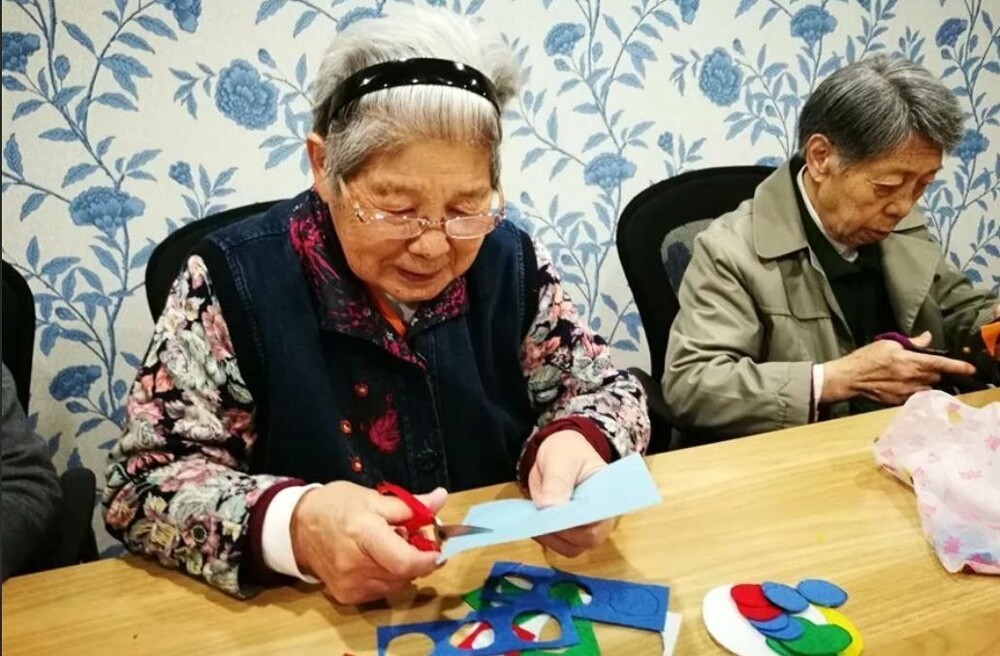Old age in Japanese: how pensioners of the land of the rising sun live, and what contributes to their longevity (9 photos)
"Maybe I'm just starting to live - I'm moving on to retirement." For many of us, this phrase still sounds like some kind of joke today. After all, in In our understanding, pensioners do not live very well: they constantly complain about health and small pensions. Not life, but some kind of survival. 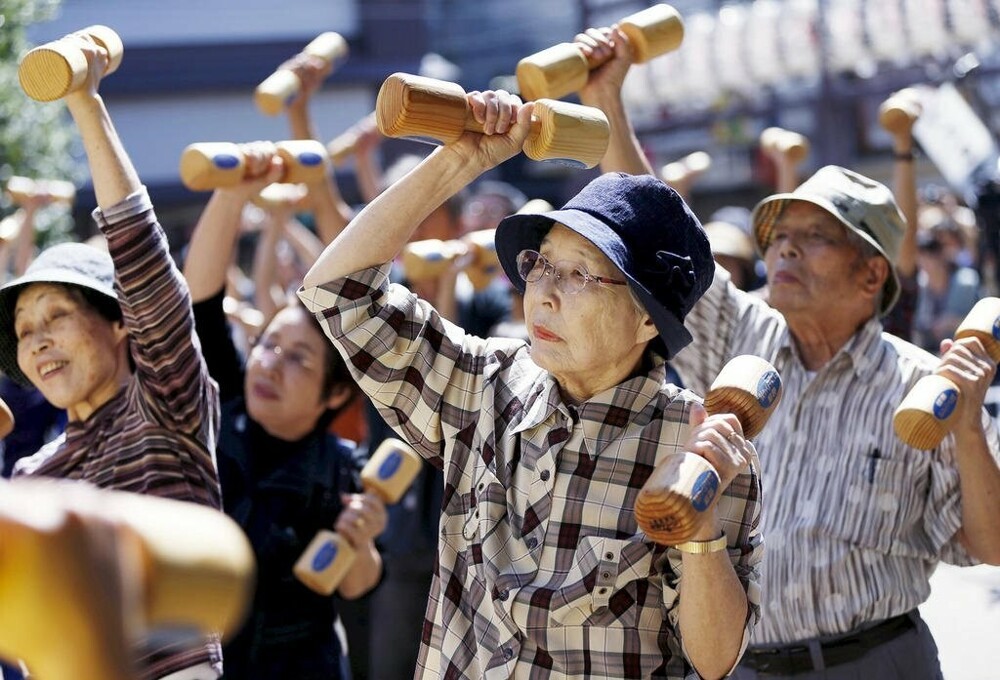
However, Japanese pensioners live exactly according to the Pechkin principle: they are close to the concept of "new life" after a certain number of years lived. Indeed, in Japan, people really seem to start life from scratch. after retirement.
The period of loans, mortgages and backbreaking labor is coming to an end!
Yes, retirement in Japan is quite different. Yes, retirees... other. Most of them manage to maintain their health by the age of 70. They have their own housing, and often - also decent capital. However in more detail about what constitutes Japanese old age I and I propose to talk today.
The amount of your pension is up to you.
We often hear this phrase in Russia, but it works for us not always correct. So, a person can earn a higher salary all his life average for the country, but retire with a very small amount. IN Japan doesn't have that. There, every pensioner really gets what deserved.
So, the Japanese pension consists of a base, professional parts and a one-time payment (only to shock workers). Base paid to everyone who contributed: both non-working housewives and high officials, and asocial elements. The base is currently 67 thousand yen, which is approximately 15% of the average wages in the country. It is possible to live on this money, but it is difficult. 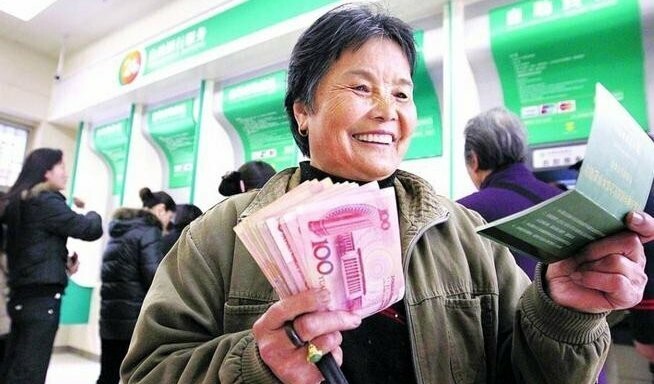
The professional part depends on the person himself. His salary, length of work and position decide everything. About 18% of Japanese salary goes to the pension fund, then to return to him for pensions. And here everything is very individual. However, the average is 180 thousand yen.
Having added the basic and professional pension, you can live well and indulge in trips and delicacies. Alas, not everyone can afford it. allow. According to various sources, from 15 to 20% of pensioners in Japan are below the poverty line. Often these are the ex-wives of businessmen who lived outside account of her husband, and then remained out of work: without a business and a pension. Same here include disabled and incompetent citizens - they are also paid only "base". 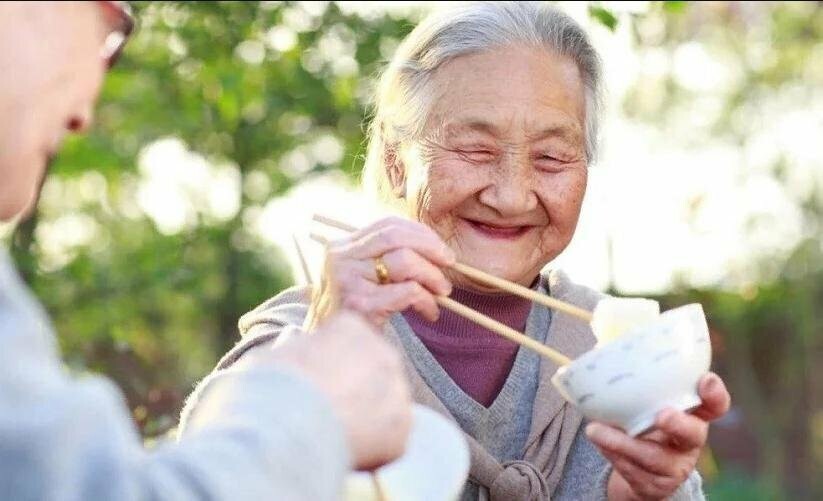
Travel a lot
The Japanese Medical Association found that for longevity Retirees don't need much. First, quality medical maintenance and preventive checkups. Second, psychological comfort and passion. In other words, the motivation to learn something new. Thirdly, activity.
And if the first is assigned to hospitals and nursing homes, then here the second and third can satisfy... a simple journey. Yes, it's in Japan may be advised to retirees to unwind and overcome blues. It is for this reason that travel is practically national "sport" in Japan. Especially among old people. 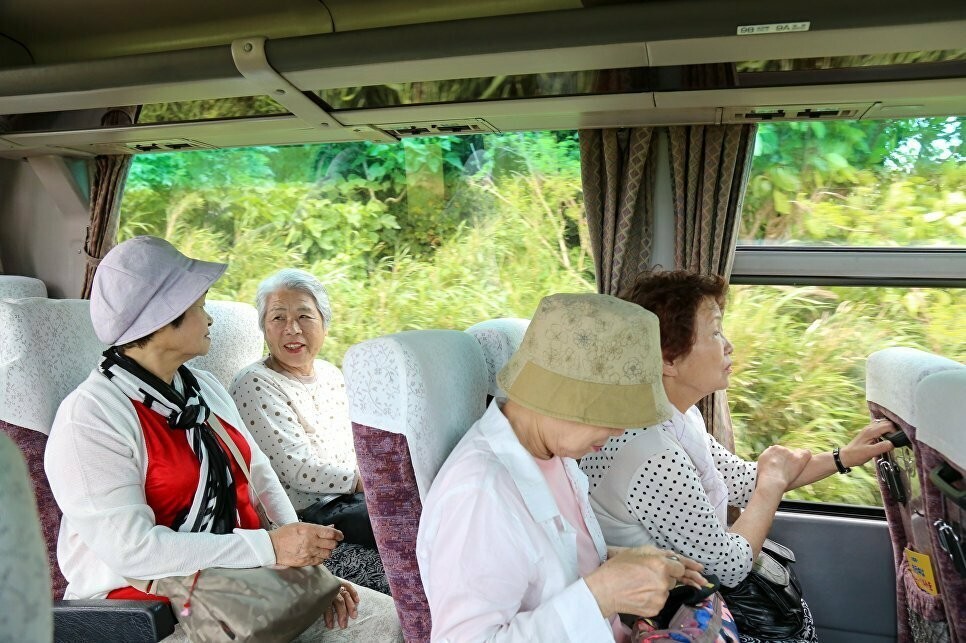
I personally saw tourist buses where only Japanese pensioners sit.
Having a good pension and savings, they tirelessly ride on the world and Japan itself, discovering something new. And it goes to them benefits both cognitively and physically. constant movement and load on the brain (and the process of cognition is very laborious) help local pensioners "do not rust" and keep their thirst for life. They know that the world is so vast and vast that they need more time, to get around it. 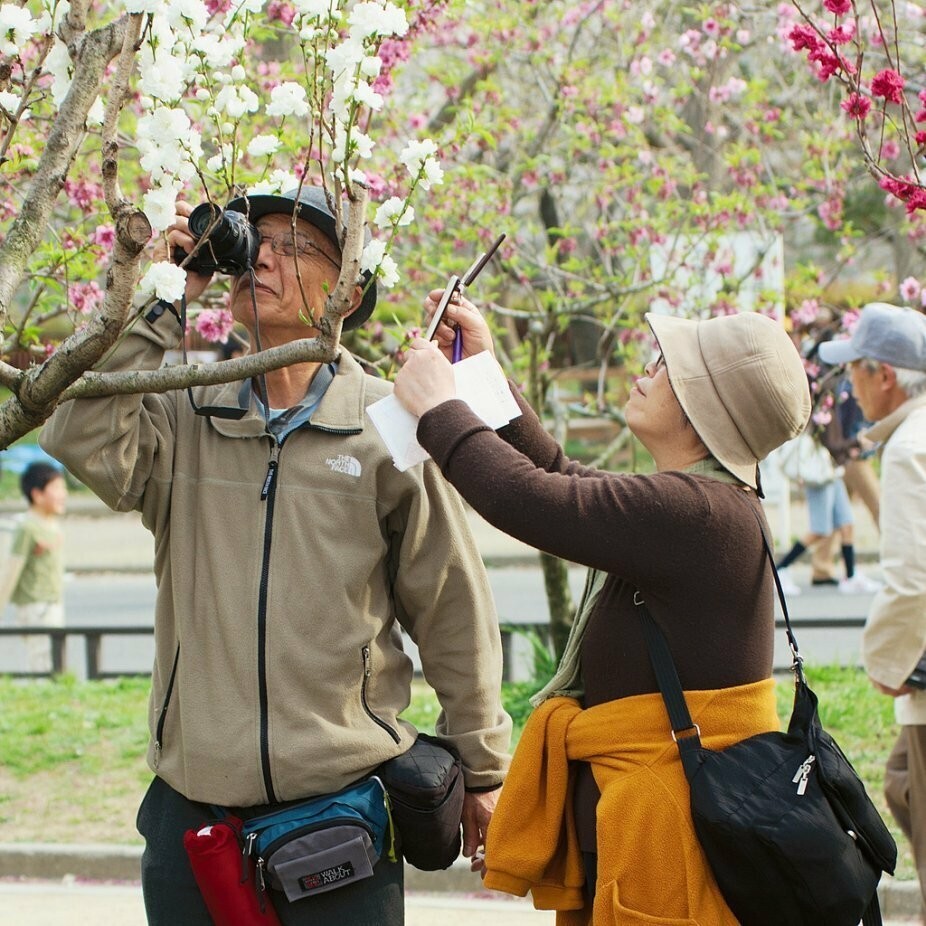
This is a kind of incentive to live longer. And judging by their lifespan... it works!
Retired people are respected
And here we can say that it is logical: Japan is a country hierarchies, where age plays a huge role. Not with this argue. Only Japanese pensioners are also excellent source of income. For this reason, many institutions begin to work especially for them. 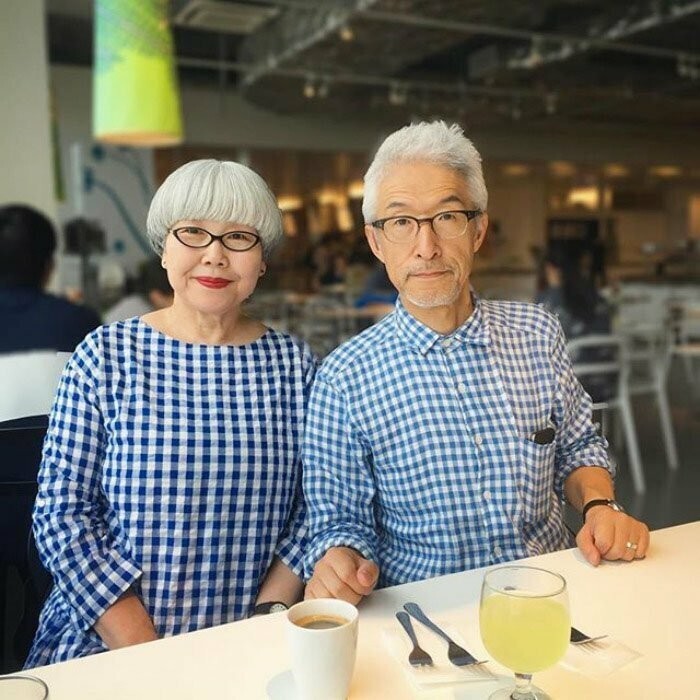
So in Japan there are "retirement" hotels and restaurants, where all infrastructure is designed to meet the needs and interests of the elderly. Them They offer discounts and other perks. clothing stores too can attract a more solvent and older generation, pushing aside trendy trendy for teenagers in the far corners.
This is the case when respect and financial gain merged together, picturing the image of their ideal client. 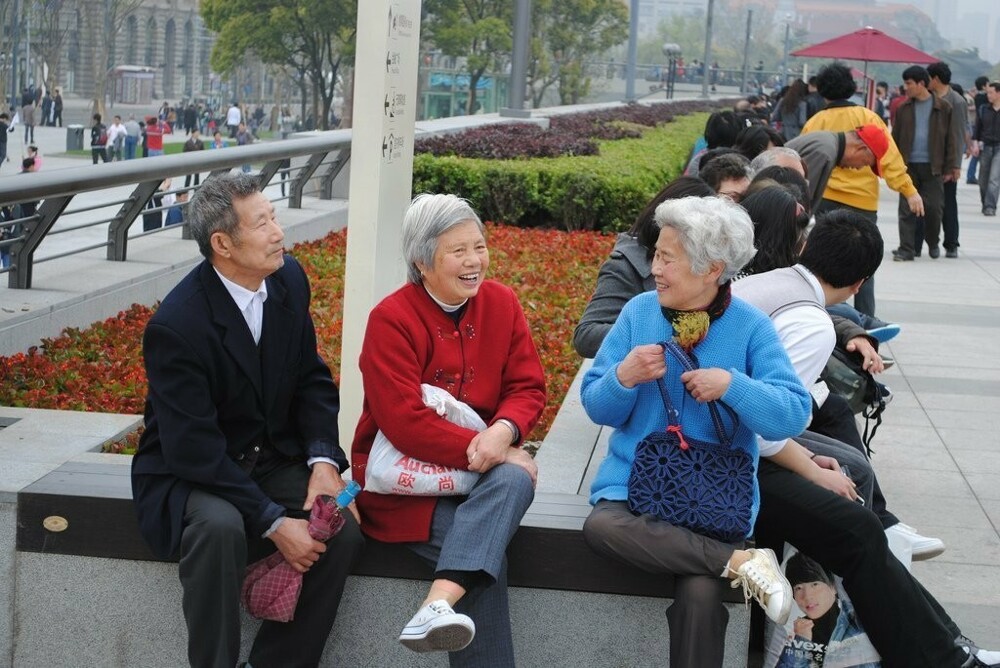
Pensioners are trying to involve in life
At the same time, children and grandchildren very often seek advice from older generation. And sometimes for the most insignificant things that It's easier to google than to ask a relative. And it's not a violation of strangers borders or laziness, but tradition. A tradition that many psychologists and gerontologists (doctors who specialize in the elderly) have recognized the incredible useful. 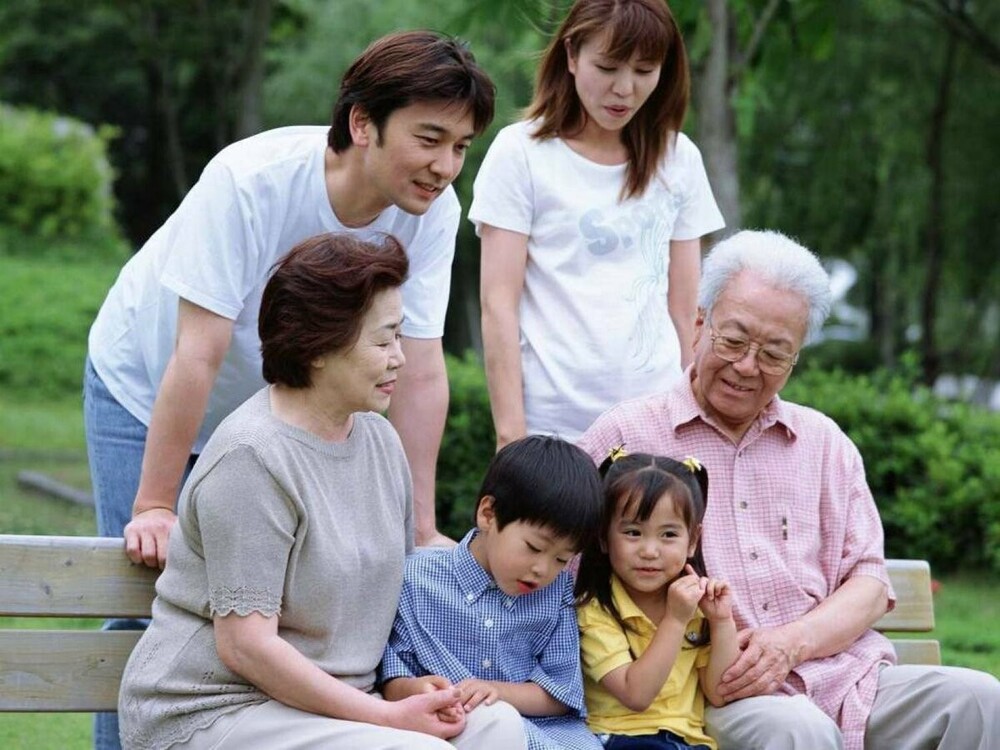
So, asking for advice from an elderly Japanese man, a person makes him feel needed, included in society. Old man understands: he is necessary in this world, his opinion is important to someone, and he himself his help is helpful. And this again helps him to live more full life, realizing: with the onset of retirement, he was not washed up on the shores of life, he is still an active participant in it! So never turn down the help of your elders. relatives: they need it more than you!
However, it's not just about helping. Often the Japanese buy to their older relatives tickets for master classes and seminars just to please those. After all, any activity is useful, especially for the elderly, who are vital to move, do not stay in place. 